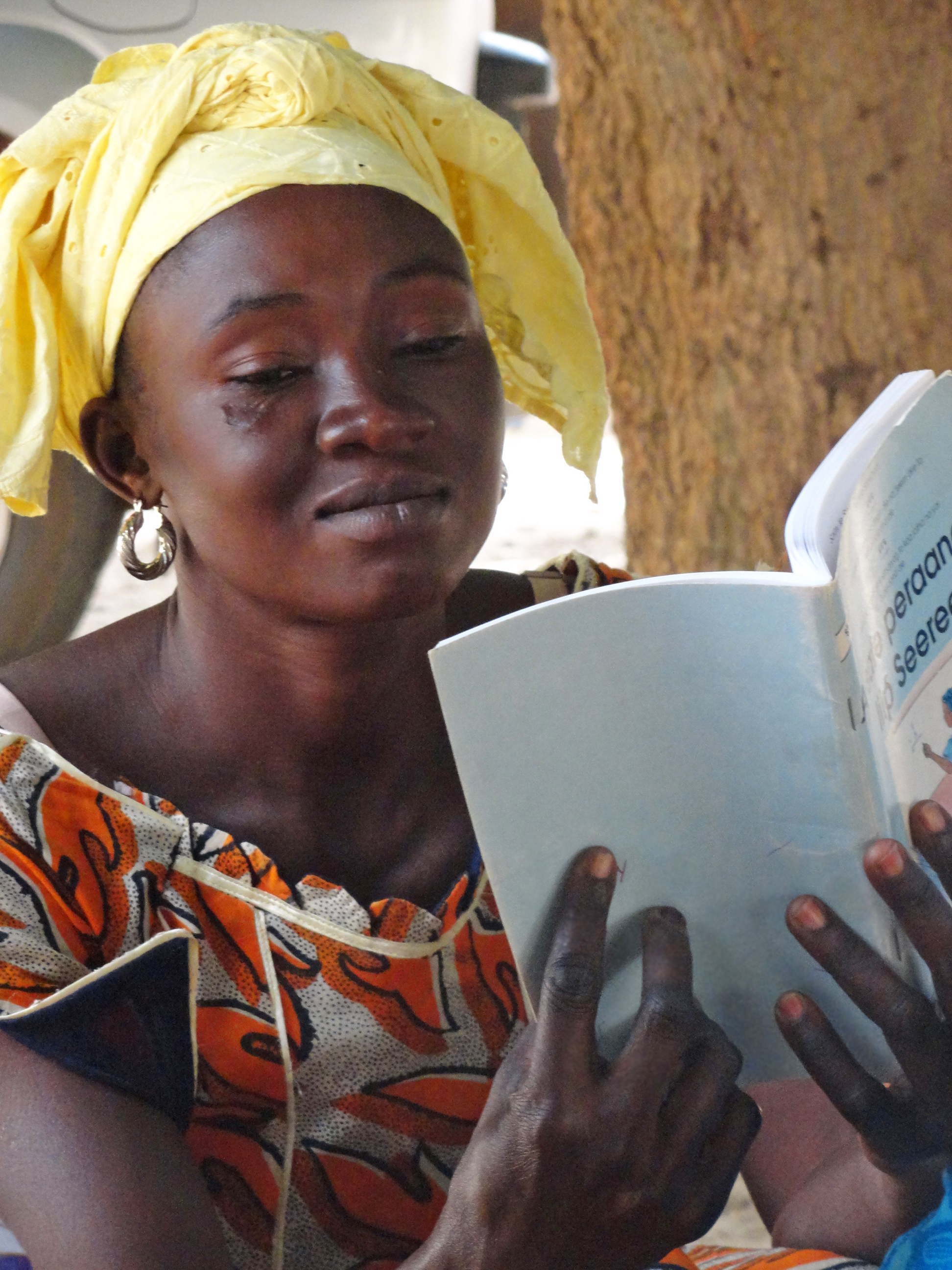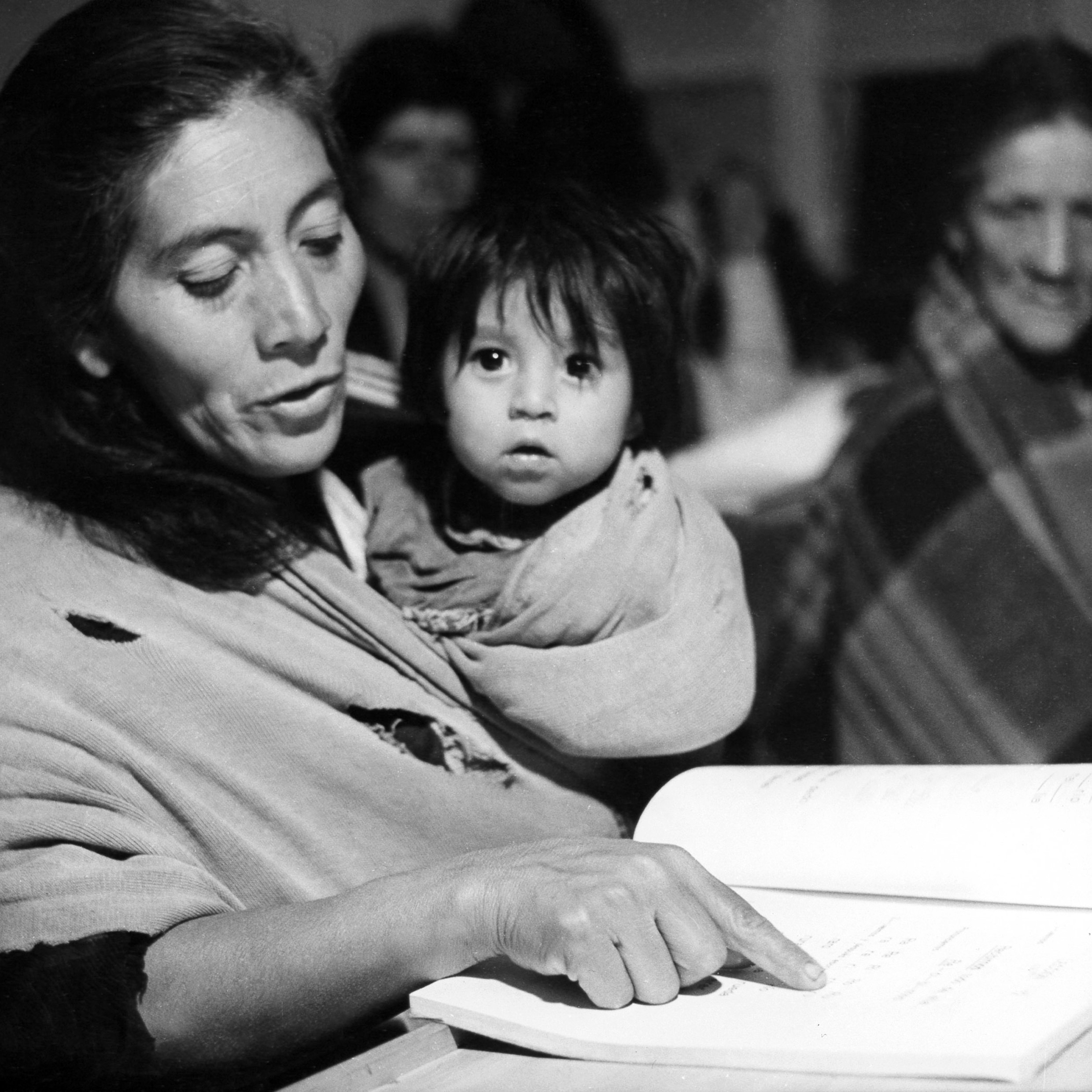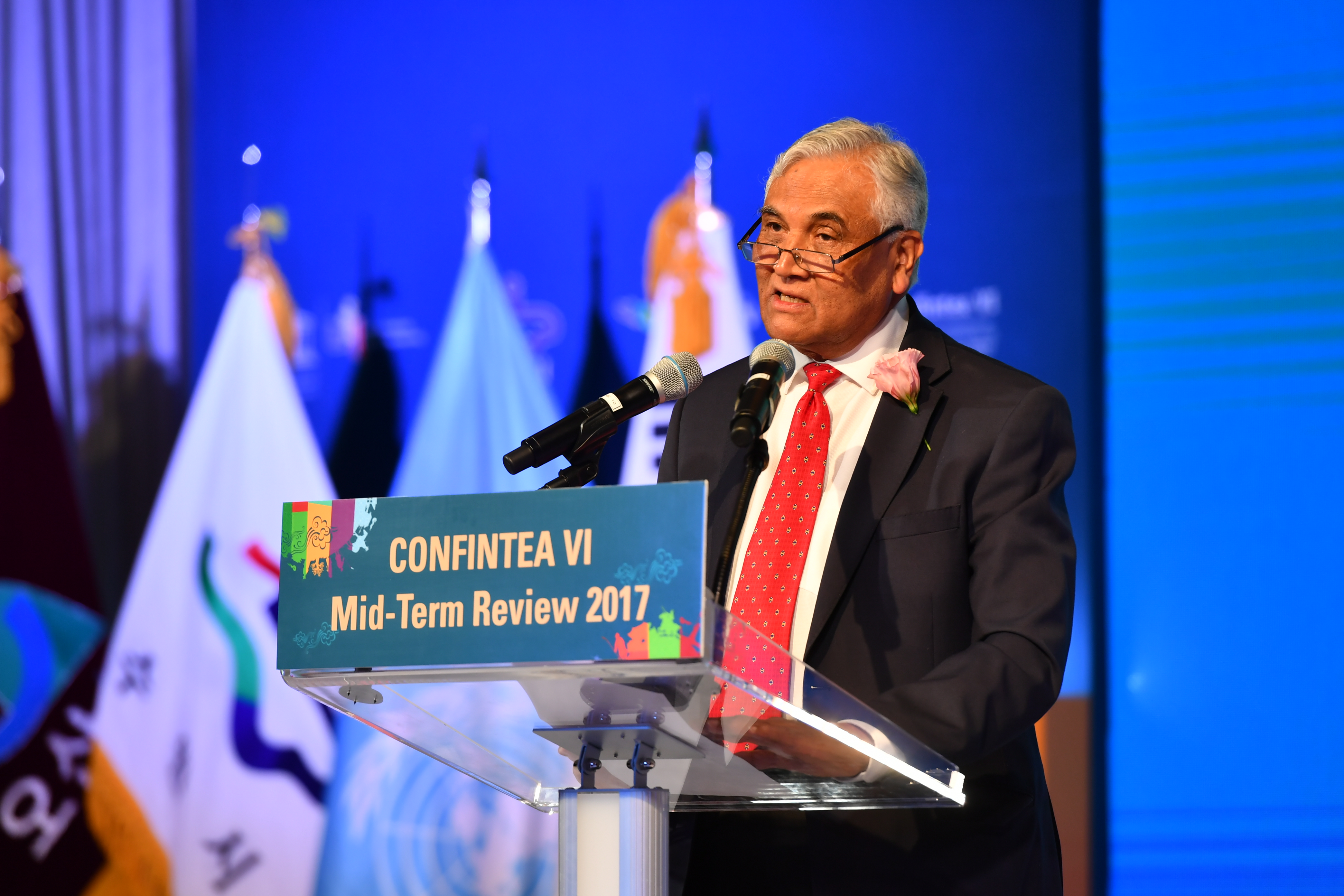
Margarete Sachs-Israel reflects on the important new commitments made at the 2018 Pan-Africa High-Level Conference on Education
First published, 15 May 2018
The 2018 Pan-African High-Level Conference on Education was notable for a number of reasons. First, it placed lifelong learning at the heart of thinking about education policy and planning in Africa. Second, it secured wide ministerial-level endorsement of its key messages, including on the need to promote and resource lifelong learning and increase literacy provision. Third, it reinforced the commitment of Member States to the global 2030 Agenda for Sustainable Development and to the Continental Strategy for Africa (CESA 16–25). Perhaps most important of all, it set out a clear agenda for lifelong learning as a means of building the capacity for positive change on the continent.
In all countries, it is critical that development is owned by the people. As Uhuru Kenyatta, President of the host country, the Republic of Kenya, noted in opening the ministerial segment of the conference, there must be ‘African solutions to African problems’, and UIL believes that this demands the integration of lifelong learning into national plans and policies. The agency of the African people was a central theme of the conference and this was reflected in its main outcome document, the Nairobi Declaration and Call for Action on Education, which also made lifelong learning key to ‘building skilled African citizenry’ capable of acting as ‘agents of change’ Continue reading

 Respect for linguistic diversity is a precondition of authentic dialogue and cooperation, writes David Atchoarena on International Mother Language Day
Respect for linguistic diversity is a precondition of authentic dialogue and cooperation, writes David Atchoarena on International Mother Language Day